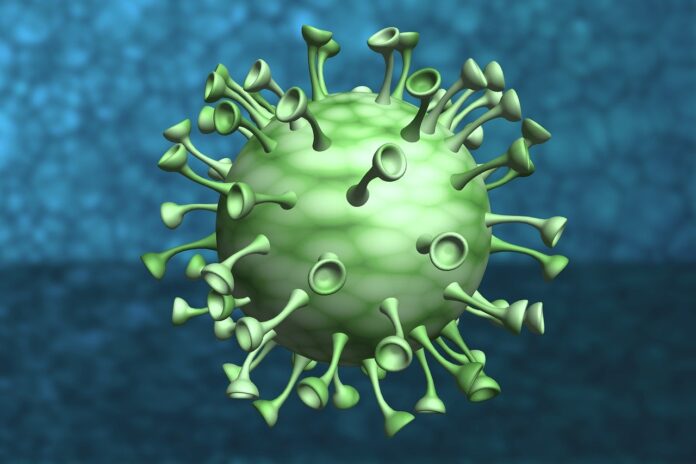Since the start of the ongoing pandemic, health experts have been warning about not only COVID-19 itself but also the associated after-effects of the infection. Statistically, as many as ninety percent of the people who have recovered from the coronavirus infection experience one or more negative health outcomes.
So far, the most common after-effects of the infection are brain fog and inability to concentrate or think. Nearly all of the recovered patients report finding it hard to return to their normal lives and jobs as they are no longer able to work as they did before.
Additionally, post-coronavirus fatigue is also prevalent among people. Even after weeks of treatment and recovery, the majority feel tiredness and weakness accompanied by low levels of energy throughout the day.
These effects can disturb the quality of life significantly and even affect work performance or familial and social relations. However, there is also a need for more awareness of other health outcomes that are associated with coronavirus infection.
For instance, many people also experience cardiovascular issues post-coronavirus recovery. Although those with existent heart conditions have a comparatively higher risk, myocardial injury can happen in any person.
Myocardial injury refers to damage to the tissues of the heart. In addition, other heart-related conditions such as arrhythmia or irregular heartbeat and thromboembolic disease have also been diagnosed in people.
RELATED: Coronavirus is now the Number One Cause of Death in the US
These issues are not limited to a specific group. In the past few months, many of the young and healthy adults have developed heart problems after COVID-19. Secondly, even athletes have delayed sports practice sessions due to similar after-effects.
Unlike fatigue or brain fog, such health outcomes are far more dangerous. There is a very high risk of death if a person with any of the mentioned heart conditions does not get medical attention at the right time.
Therefore, it is important to get heart screenings and testing after recovery in order to get treatment for any issues so that it does not worsen in the future. Now the question is, who should follow up with tests after recovering from COVID-19?
People who have existent heart conditions, older adults, and people who had heart-related issues during the infection or had other severe symptoms should get screenings to look out for any problems.
Secondly, athletes or people who exercise and play sports regularly are also advised to get tests before starting any kind of physical activity again as it can cause potentially fatal issues.
There are a variety of options when it comes to testing for heart post-recovery ranging from echocardiograms to magnetic resonance imaging or MRI. Only a doctor can recommend a suitable test in accordance with the patient’s history and the severity of coronavirus infection.
On the other hand, patients who had mild symptoms or had asymptomatic coronavirus infection often do not need to follow up testing. However, make sure to delay exercise for some weeks after recovery and maintain a healthy diet and lifestyle to manage other negative after-effects of COVID-19.




